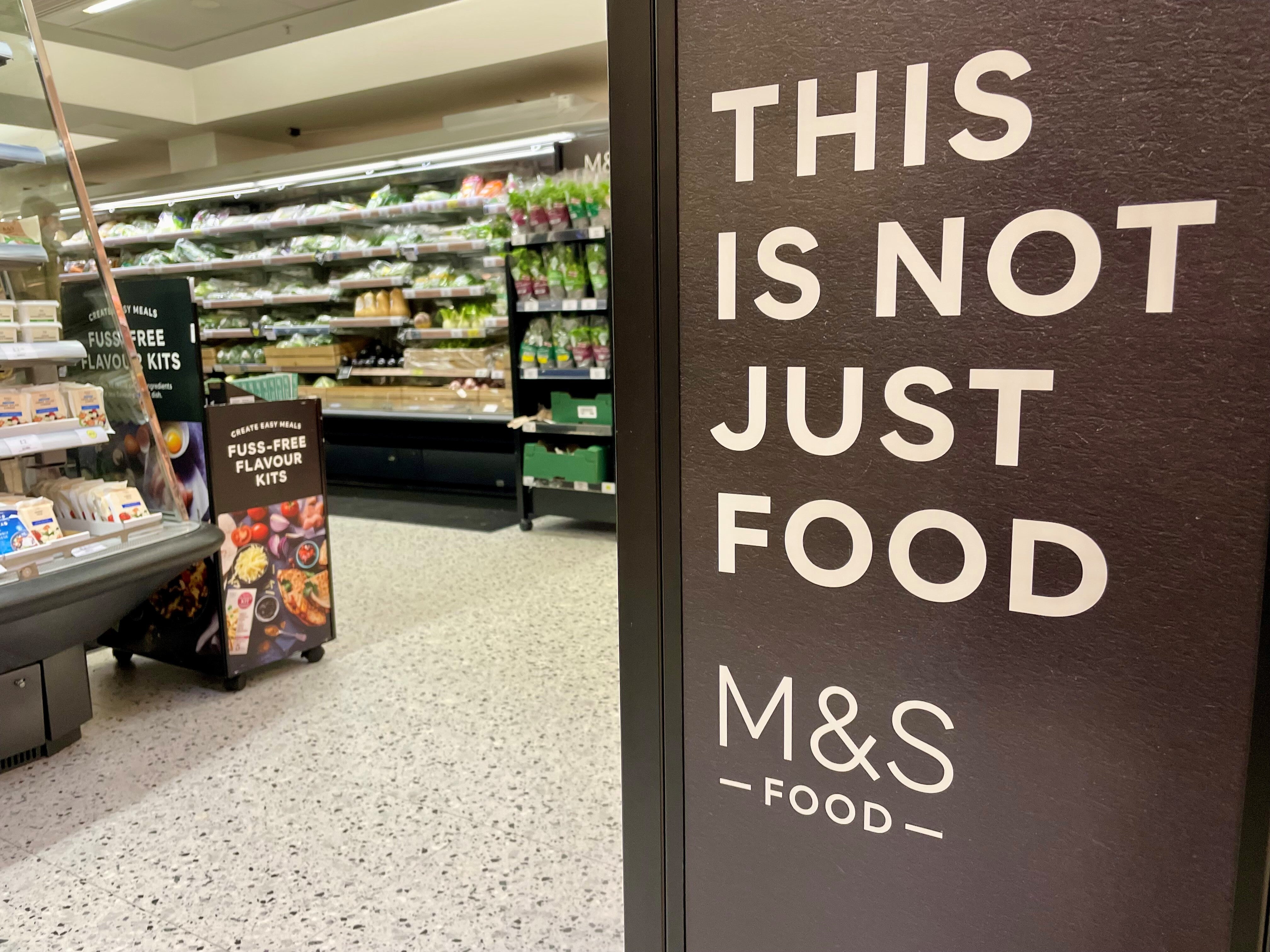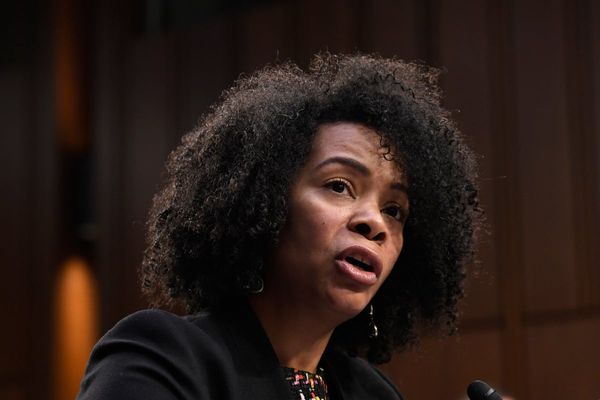
The pound slid to its lowest for more than a year on Thursday, helping to push the FTSE 100 firmly higher.
Sterling continued its recent slump amid worries over UK borrowing costs, with the yield on 10-year government bonds dropping to its lowest level since the 2008 financial crisis.
However, yields settled in the afternoon session as Government ministers sought to reassure investors, stressing there was “no need for emergency intervention”.
The pound dropped by as much as 1% but clawed back some ground during the day.
The pound was down 0.58% at 1.229 US dollars and down 0.34% at 1.193 euros when London’s markets closed.
This helped to support London’s multinationals on the FTSE 100, helping the index to a four-week-high despite a slump from retail stocks.

Sentiment in the sector was impacted by Marks & Spencer, which cautioned over uncertainty in the face of rising costs despite positive growth over Christmas.
The FTSE 100 finished 68.66 points, or 0.83%, higher to end the day at 8,319.69.
Chris Beauchamp, chief market analyst at IG, said: “The turmoil in gilts and sterling has understandably caught everyone’s attention, but the FTSE 100 has managed another strong day today.
“Sterling weakness has proven to be a boon once again, and the international nature of many of the index’s members mean there is little read-across from the doom-laden trading in UK-focused assets.
“Leading the charge has been the mining sector thanks to a global rebound in commodity prices.”
London’s markets outperformed their European counterparts, which were slightly more muted amid the closure of the US stock markets for former president Jimmy Carter’s funeral.
The Cac 40 ended 0.51% higher for the day and the Dax index was down 0.05%.
In company news, Marks & Spencer was among the heaviest fallers after the high street firm warned that the economic picture “remained uncertain” for the coming year, taking the shine off figures showing bumper Christmas trading.
M&S made £4.06 billion in sales during the three months to December 28, up 5.6% compared with the same period the year before.
Shares in the business were however down 8.4% at 345.3p.
Elsewhere in retail, Tesco was a touch lower as wider concerns over the sector offset a strong update for the key Christmas trading season.
Shares in the retailer were 0.5% lower at 368p despite Tesco revealing a 3.7% rise in like-for-like sales for the UK and Ireland over the six weeks to January 4.
Greggs left a bitter taste for investors after the bakery chain pointed to a “more challenging market backdrop” in the second half of the year. Shares were 15.8% lower at 2,210p as a result.
De La Rue was up 8.3% at 111p at the close after the banknote maker received a £245 million takeover approach from a British financier.
The price of oil bounced back as traders sought to buy after a sharp slump in the previous session.
A barrel of Brent crude oil was up by 1.02% to 76.94 dollars (£62.54) as markets were closing in London.
The biggest risers on the FTSE 100 were Anglo American, up 78p to 2,439.5p, Antofagasta, up 54p to 1,718p, Fresnillo, up 21p to 669p, Compass Group, up 69p to 2,732p, and DS Smith, up 13.5p to 567.5p.
The biggest fallers on the FTSE 100 were were Marks & Spencer, down 31.5p to 345.3p, Entain, down 30p to 648.8p, Sainsbury’s, down 8.8p to 263.2p, Centrica, down 3.6p to 132.65p, and WPP, down 15.8p to 732p.







